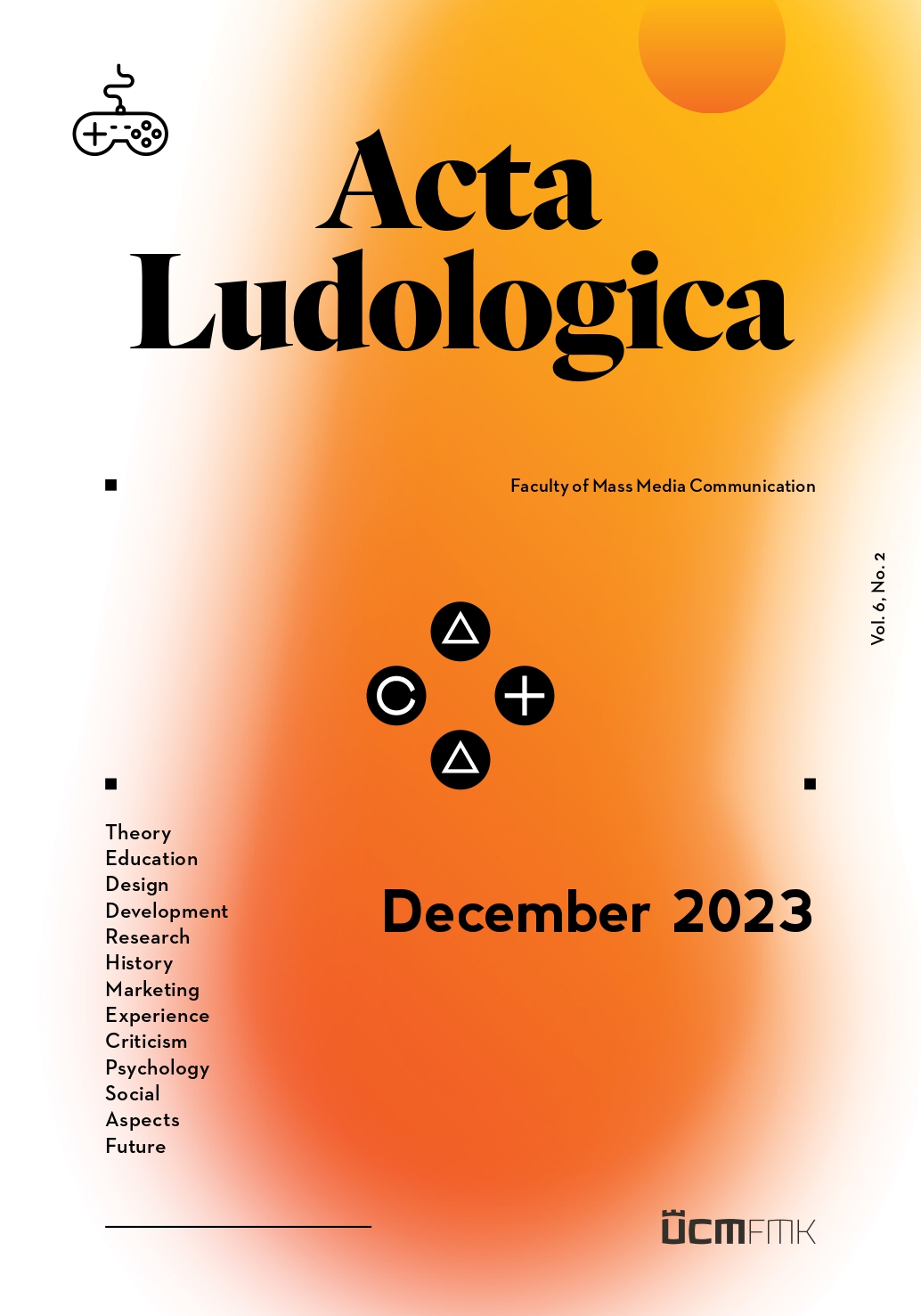ABSTRACT: Dynamic difficulty adjustment (DDA) in digital games involves altering the difficulty of a game based on real-time feedback from the player. Some approaches to DDA use measurements of player performance, such as success rate or score. Such performance-based DDA systems aim to provide a bespoke level of challenge to each player, so that the game is neither too hard nor too easy. Previous research on performance-based DDA shows that it is linked to better player performance but finds mixed results in terms of player experience (e.g., enjoyment). Also, while the concept of flow is regarded as an important aspect of digital game experience, little research has considered the effects of performance- based DDA on flow. We conducted an experiment on the effects of performancebased DDA on player performance, enjoyment, and experience of flow in a digital game. 221 participants played either the DDA version of the game, a control version (difficulty remained constant), or an incremental version (difficulty increased regardless of performance). Results show that the DDA group performed significantly better. However, there were no significant differences in terms of enjoyment or experience of flow.
KEY WORDS: adaptive software, digital games, dynamic difficulty adjustment, flow, game balancing, performance.
View full article
